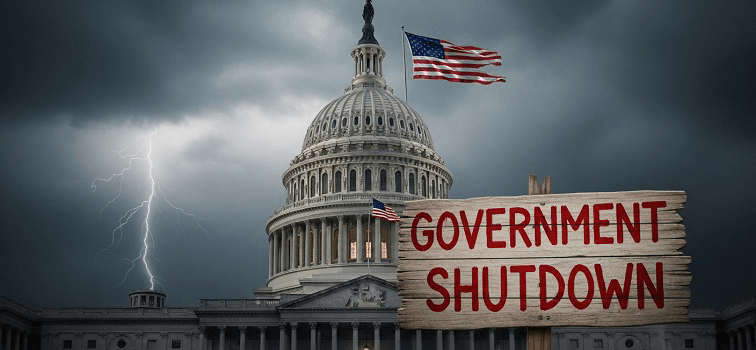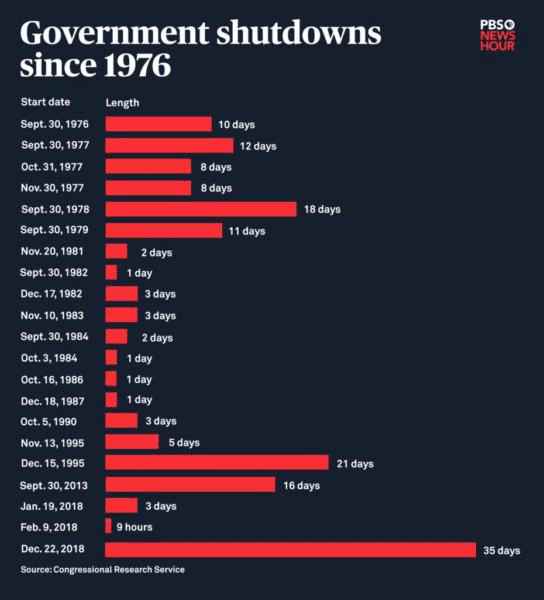
The federal government shutdown in the United States has entered its third week, leaving up to 16 exchange-traded funds (ETFs) waiting for approval, if the shutdown continues into November.
Most U.S. government agencies stopped functioning on October 1 after Republicans and Democrats failed to reach a deal on funding the budget, leading to the disruption of many government agencies, including the U.S. Securities and Exchange Commission (SEC) responsible for approving ETF fund requests, which is currently operating with a limited staff restricted to essential employees only.
The cryptocurrency industry was preparing for an October filled with “a flood of ETF approvals,” as the SEC was on the verge of issuing its final decisions on at least 16 cryptocurrency ETF applications, while 21 additional applications were submitted during the first eight days of the month.
But the government shutdown froze the process completely, with legal deadlines passing without any action.
No signs of nearing the end of the government shutdown
There is still no clear indication of when the shutdown will end, as the political deadlock between the parties over conflicting demands remains.
Republicans are calling for cuts to public spending to limit the rising national debt, which has exceeded $37.8 trillion, or about $111,000 for every American citizen, while increasing funding in certain areas such as enhancing border security.
In contrast, Democrats oppose these cuts, especially those affecting healthcare, and are seeking to extend tax breaks that make health insurance more affordable, along with other demands.
The Senate is not expected to hold any voting sessions before Tuesday, while the House of Representatives is on break, meaning there is no immediate path to end the shutdown.
To resolve the crisis, Congress in both chambers (the House and the Senate) must pass legislation to fund the government, either through standalone bills or a Continuing Resolution, which is a measure that allows the government to be funded temporarily at the current level until a comprehensive agreement is reached.
After these laws are passed, President Donald Trump must sign them to become official law and end the shutdown.
It is noted that the Republican Party currently controls both chambers of Congress, but lacks a sufficient majority in the Senate to pass spending laws without support from Democrats.
This is the eleventh government shutdown in U.S. history and the first since the shutdown from December 2018 to January 2019 that lasted 35 days, which was the longest ever so far.

The altcoin season is at stake
Nate Geraci, an ETF analyst and head of NovaDius Wealth Management, predicted in a post on platform X on Monday that:
“Once the government shutdown ends, the gates for cryptocurrency ETFs will open all at once.”
He added:
“Ironically, the increasing fiscal deficit and the usual political theatrics are what hinder this process — precisely what cryptocurrencies came to confront.”
Analysts at Bitfinex had predicted in August that a new altcoin season might be on the horizon if all proposed ETF applications were approved, as these funds provide exposure to the markets with lower risks, which could attract more institutional investors to the sector.
#BinanceSquare #BinanceSquareFamily #BinanceEverywhere #BinanceHerYerde

